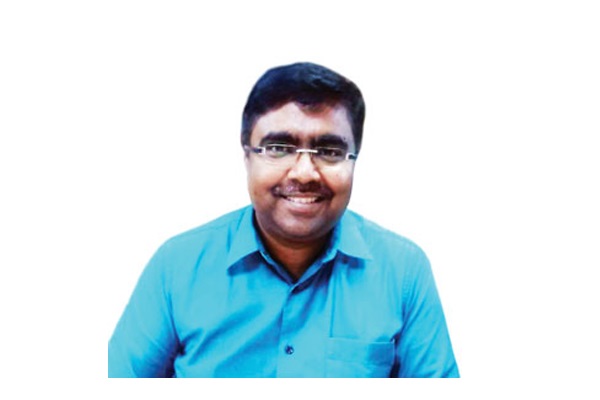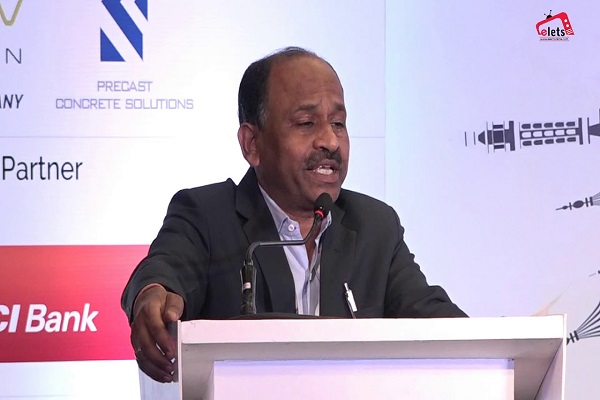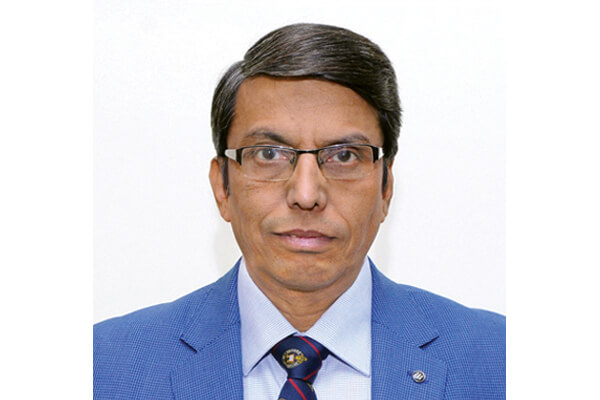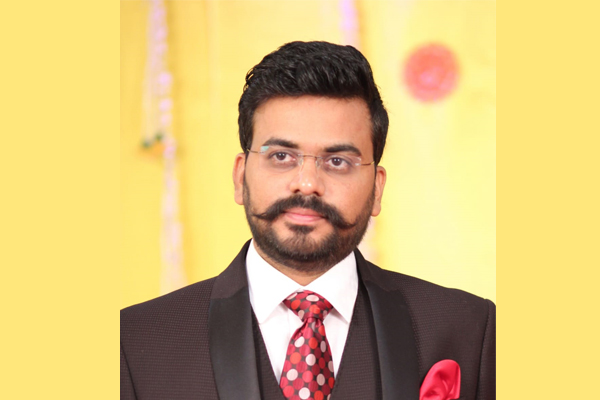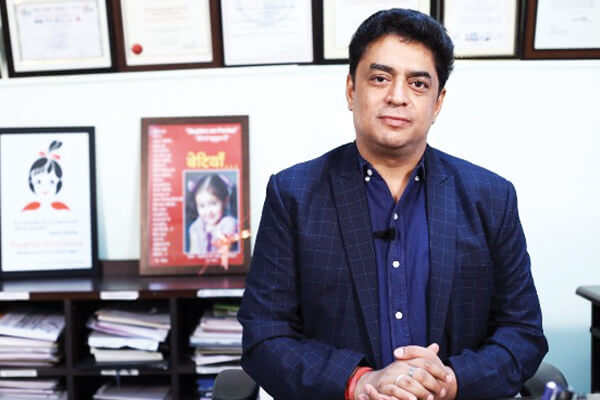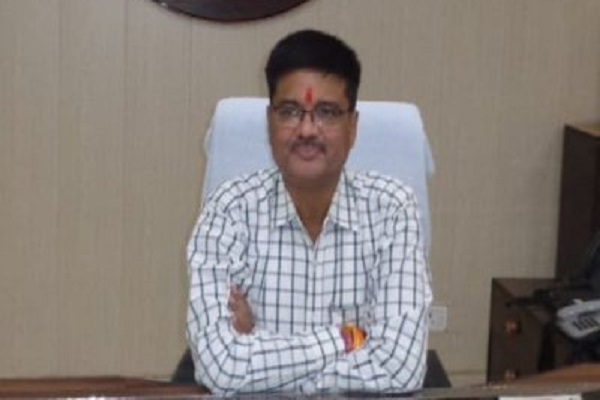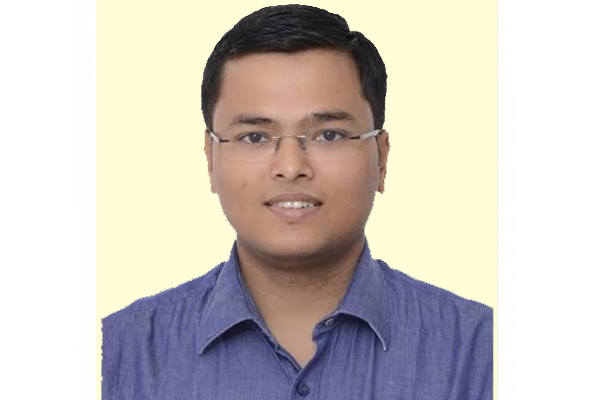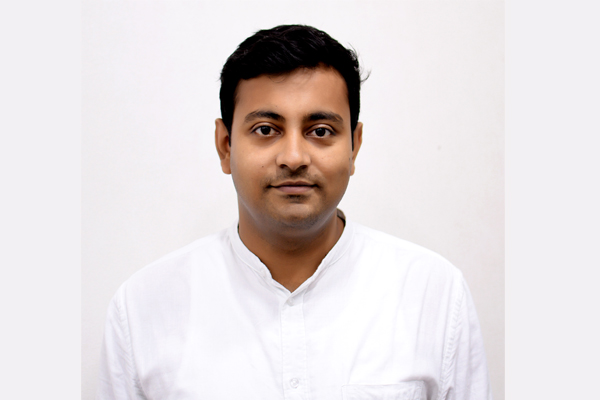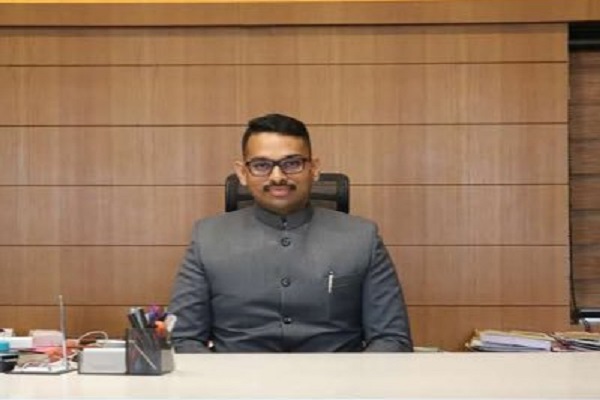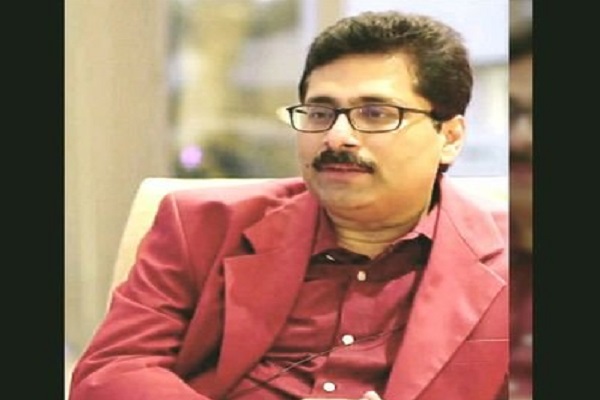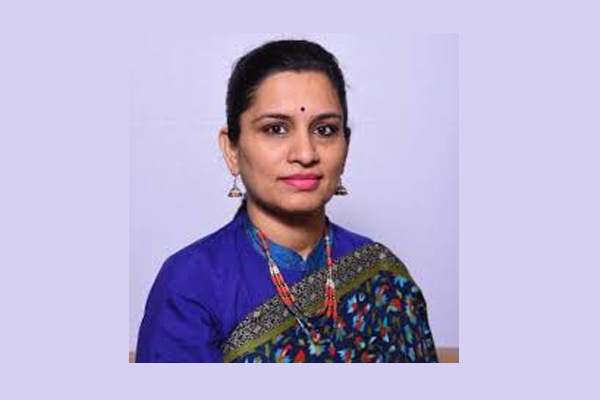
The Government of India and the state governments have issued various guidelines and norms to be followed during the countrywide lockdown caused due to the widespread of COVID-19. However, the local governments are the drivers who ensure the compliance of those norms and keeping people safe from the viral infection. Ensuring the supply of essential commodities, monitoring the movement of vehicles and people and ensuring lockdowns are being adhered to, providing food and shelter to the homeless and more are the daily responsibilities of the local governments in times of COVID-19 pandemic. Discussing on the similar grounds, Nidhi Choudhari District Collector and District Magistrate, Raigad join in a webinar hosted by Elets Technomedia Pvt Ltd and moderated by Dr Ravi Gupta, Founder and CEO, Elets Technomedia.
Nidhi started off by mentioning that Raigad is a neighbouring district of both Pune and Mumbai and both the cities are COVID-19 hotspots for not only Maharashtra as a state but for the entire nation. Therefore, “Realizing the fact, we proposed a curfew in the district much before the nationwide lockdown was implemented”, she added.
Elaborating on the implementation of timely preventive measures in the district, Nidhi said, “There was a popular event where a huge number of people were supposed to collect, so we proactively stepped up and convinced people for not gathering and made them aware about the significance of the curfew in the district. Therefore, unlike Delhi, we were able to avoid the people from gathering.”

Managing inflow of people in Raigad

The district administration had been focusing on spreading awareness among the villagers especially because as the cases increased in Pune, a lot of people started coming back to their homes in Raigad, said Nidhi. “We tried to stop as many people as possible. But, an effective strategy we used was to make them understand the situation and convince them to quarantine.”
Moreover, on tracking the movement of people she said, “We used a mobile application for tracking the movement. This helped us a lot to monitor the movement of nearly 1 lakh people who returned from Mumbai and Pune to Raigad.” “Moreover, we had over 1000 people who returned from foreign countries and properly followed the quarantine guidelines and isolated them 14 days but 28 days”, she added. People’s support has been of great help in tackling the crisis.
Furthermore, a few COVID-19 positive cases were identified which were Dubai return people. However, it was good news for the authorities that their family members tested negative. Hence, the efforts made by the authorities in spreading awareness were successful.
“Many people came forward to help the poor and the needy by providing cooked food and helped the authorities in catering to the huge demand in times of crisis”, she added.
“We ensured ration to all and we had also bought ration from NDRF funds and gave it to tehsildars for distribution as to cater to the massive need of the poor, daily waged-labourers, and the ration cardholders”, said Nidhi.
Pre and post-COVID-19 situation
Speaking on the scenario before the COVID-19 pandemic and the situation at present, Nidhi said, “As a bureaucrat, there are a plethora of domains we work on every day. However, due to the COVID-19 situation, the focus completely shifted to upgrading the healthcare facilities and infrastructure and providing assistance to people in need and then the lockdown occurred.” The initial focus on healthcare soon shifted to other issues like the issue of migrant workers, ensuring the supply of essentials, maintenance of law and order, ensuring clinics keep helping people in need, and more, she added.
“We also organised various training programmes for doctors, paramedics, sanitary workers and other professionals working on the field”, said Nidhi.
Healthcare facilities in Raigad
Addressing the preparedness of the district authorities in terms of healthcare facilities, Nidhi said, “We created a 120-bed dedicated COVID-19 hospital, a district COVID healthcare centre, we have a 350 bedded private hospital and another 200-bed facility in Panvel, as it is not far from Mumbai so in case of any emergency we can shift the patient to hospitals with advanced facilities in Mumbai”. And, as there was a plan to have healthcare facilities available for non-COVID-19 cases as well, the rest of the tehsils, had clinics and hospitals running for non-COVID-19 patients and fever clinics for the COVID-19 patients, she added.
Our strategy of keeping all the COVID-19 patients, their treatment, and healthcare facilities in Panvel has worked well as of yet, said Nidhi. Detailing onto the healthcare infra she said, “We have procured 10 more ventilators to strengthen our healthcare infra if in case the situation demands.”
Lockdown phase
Talking about the lockdown, Nidhi said, “We ensured that essential industries remain functioning during the lockdown as well. Our aim was that the essential services sector or industries should not be affected due to the lockdowns.”
Also Read: Elets Webinar| The Bhilwara Model to fight Coronavirus explained
Adding on to the implementation of lockdown and execution of administrative orders she said, “I would like to appreciate the police department and the entire health department for taking care of the entire situation in the district. As far as law and order are concerned, lockdown norms in this case, the police are the face of the administration and in case of healthcare facilities it’s the doctors, nurses and the medical staff.” Similarly, for spreading awareness and helping the authorities to a great extent, the Asha workers and the Anganwadi workers also played a crucial role in our fight against COVID-19, she added.
Further, Nidhi said that awareness among rural people regarding the COVID-19 was such that they were not ready to work even when some industries resumed functions after the relaxation by the centre. So, the authorities had to convince them that with social distancing practice and use of masks and other preventive measures work can be resumed. “I must admit that the lockdown has been more effectively practised in rural areas than urban areas”, she added.
Also Read: Elets Webinar| COVID-19 is not the last pandemic, we need to be more prepared: Hitesh Vaidya
Nidhi also mentioned that even during the lockdowns, the pre-monsoon activities were carried actively as they are important to prevent issues during monsoon. So, the pre-monsoon works also included migrant workers and helped them earn their livelihood in hard times. Also, the social distancing and other preventive measures were ensured by the authorities during the works, she added.
Be a part of Elets Collaborative Initiatives. Join Us for Upcoming Events and explore business opportunities. Like us on Facebook , connect with us on LinkedIn and follow us on Twitter, Instagram.


